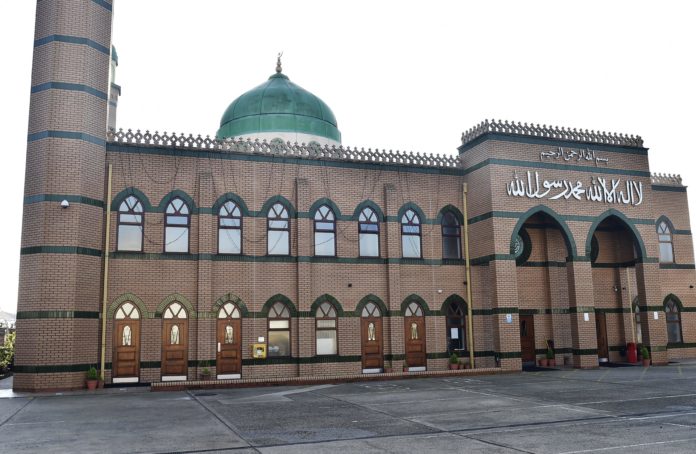Peterborough City Council have rejected an application by a local mosque to publicly broadcast daily calls to prayer through loudspeakers.
Masjid Ghousia in Millfield wanted the amplified call to prayer to be made three times a day for Dhuhr, Asr and Maghrib prayers.
According to the Peterborough Telegraph, the planning application submitted to the council stated that each call would last no more than five minutes and would be sounded out through four loudspeakers.
Nazim Khan, chairman of the Masjid Ghousia Management Committee, previously told the Peterborough Telegraph: “A number of local people have approached us and asked for this provision in these difficult and challenging times. We hope the council will approve – we always work very closely with the council and other agencies for the wellbeing of our communities.
“The call to prayer is only for a few minutes. It’s extremely soothing and spiritually uplifting. It will not cause any impact in the local neighbourhood. That would be against our religion. It will only be transmitted in a small area around Masjid Ghousia which is predominantly Muslim.”
However, Peterborough City Council’s planning department recommended that the application be refused as the sound would be “sudden” and “unfamiliar” in the urban area, causing an “unacceptable impact.”
It also warned that approving the new loudspeakers would “set an undesirable precedent” due to further mosques being close by, which could also result in “unacceptable noise and disturbance.”
Subscribe to our newsletter and stay updated on the latest news and updates from around the Muslim world!
The council said it had received 384 responses to a public consultation on the plans, of which 288 were supportive and 92 were in opposition.
The committee eventually refused planning permission by eight votes to three.
A council spokesman said this was “on the grounds that the call to prayer would have an unwelcome intrusion on the city’s soundscape for nearby properties, thereby it contradicts the city’s Adopted Peterborough Local Plan and noise stipulations in the National Planning Policy Framework.”
Prior to the vote local councillors were split on the issue.
Labour member for East ward Cllr Shabina Qayyum said: “In view of the number of people affected by COVID-19 from the Muslim communities and that they are unable to attend prayers in the mosque, this would serve as a welcome initiative to ease their anxieties in such challenging times.”
However, Liberal Democrat member for Fletton and Stanground Cllr Terri Haynes said the daily calls would harm residents’ health.
She said: “In other circumstances, if someone played a loud rock song three times a day every day, loud enough that it could be heard by houses in the surrounding area because the listener finds it therapeutic, the public would be within their right to complain and the council would intervene.
“On what moral grounds can you deal with those who make excessive noise that disturbs their neighbours when other noise pollution has been sanctioned by the council themselves?
“As Muslims have attended prayers at this mosque for years it is not necessary for the practicing of the religion and is therefore unnecessary noise.
“Unwanted sound (where someone else chooses the frequency of the noise, the duration, volume and type of noise itself) can illicit stress responses in people, even without them being aware of it.
“To someone who has a strong physiological response to unwanted sound it will be unbearable. The importance of peace and quiet is undervalued in our busy world, we do not need to add to it.”



















